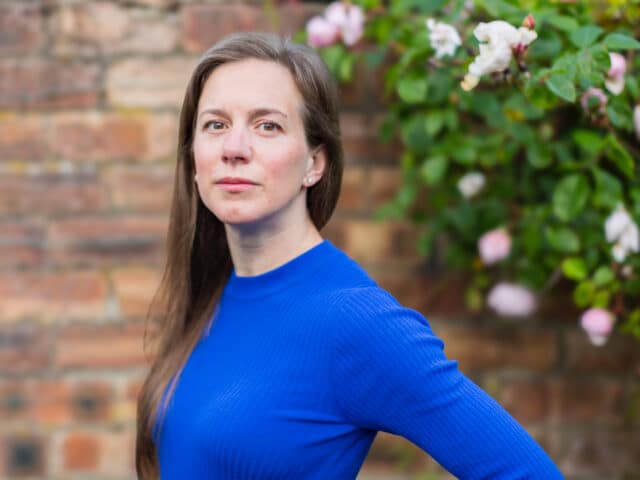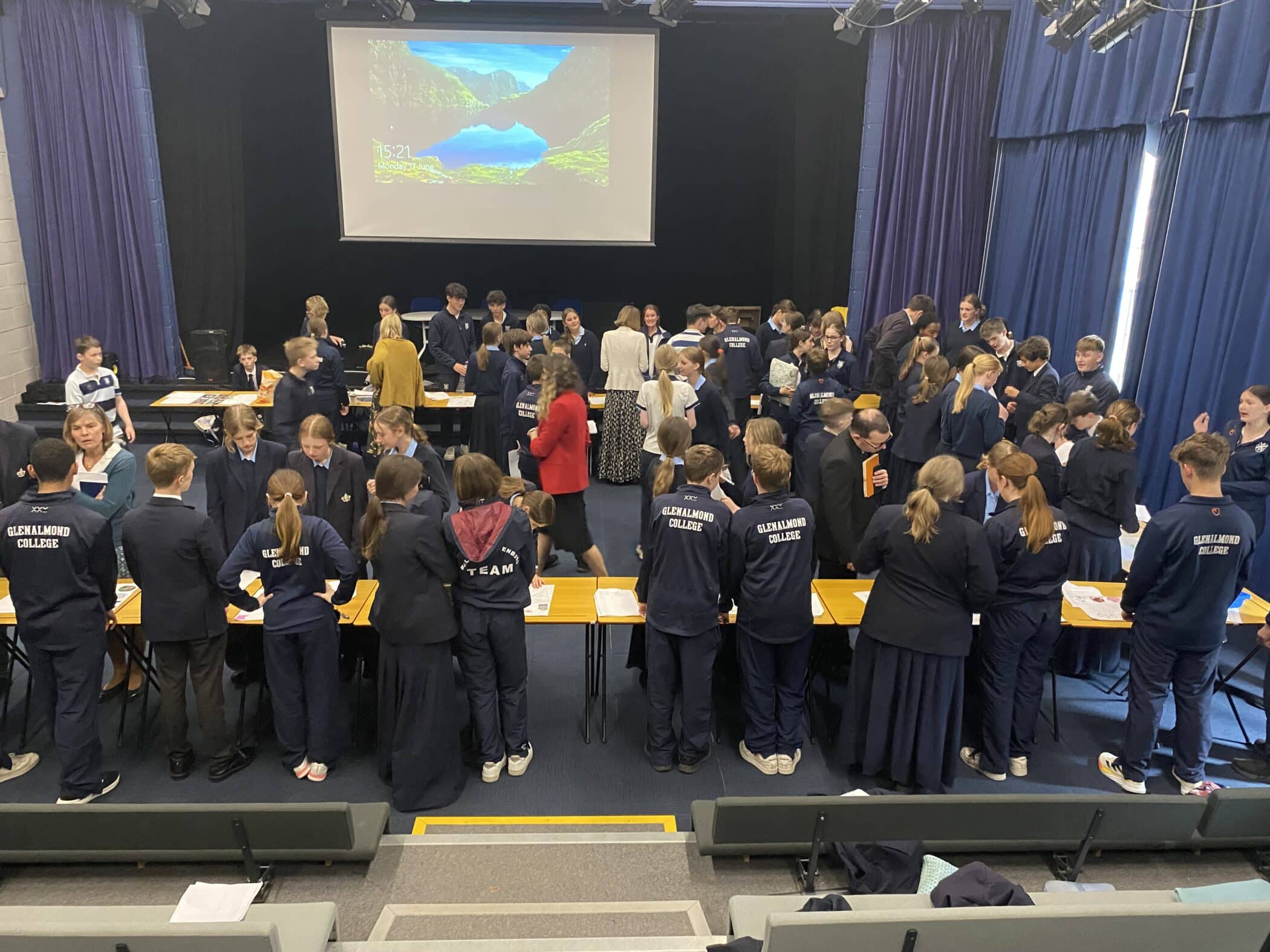Blog
Implementing a Programme of Real World Learning at Glenalmond College

Dr Catharine Fleming
Teacher of Chemistry and Biology at Glenalmond College
Read the blog
As educators, we are all aware that our responsibility towards learners extends beyond preparing young people to pass examinations. Instead, in an increasingly competitive world, and with the advent of AI in particular, it is incumbent on us to assist learners to build skills for learning, life and the world of work, as well as helping them to develop a deeper understanding of complex issues, both locally, nationally and globally.
At Glenalmond College, in recognition of this, we have been developing a Real World Learning initiative to run alongside the standard curriculum, geared at developing a range of complementary skills that will equip our learners with the skills and aptitudes necessary to thrive in the 21st Century.
There is a large amount of discussion and debate on the type of skills that a 21st Century learner should develop. Multiple reports highlight the ‘4C’s’:
- Critical thinking;
- Communication;
- Collaboration;
- Creativity.
As there seemed to be consensus around the importance of these particular skills, it was decided that our inaugural Real World Learning initiative would focus on developing these as a primary focus.
There are some excellent examples of real world learning type projects across all areas of education, from applied learning at Aspirations Academy, experiential learning at UWC Atlantic College to problem-solving weeks at Francis Holland School Sloane Square to name but a few.
Taking inspiration from the aforementioned initiatives, and with a particular focus on developing communication and creativity skills, our pilot day, held towards the end of this Summer term, saw the 2nd and 3rd form work collaboratively to tackle a real world problem based on the Earthshot Prize. Working in small groups, our learners were tasked with researching and developing an innovative solution to the problem: “How to build a waste-free Glenalmond”.



To help pupils better understand the problem, the day began with a presentation from representatives of Perth and Kinross Council Waste Services Team on how waste is managed in the local area. Robert Garnish, our Chief Operating Officer, then spoke to the group about the main forms of waste at Glenalmond and what the current challenges are associated with them. (It came as quite a surprise to both pupils and teachers alike to learn that the amount of food waste from plates per week came to over 200 kg and, as a result, many of the groups chose to tackle this form of food waste in particular).
In small groups (4-5), the pupils then worked to research and design a solution that could be implemented to mitigate the issue at Glenalmond College. At the end of the day, the groups reconvened in the theatre to present their solutions in the form of posters and models, and pupils and judges had the opportunity to visit the different groups to discuss their solutions. Linking in with the 4C’s of 21st Century Learning, judging was based on the creativity of their solutions and how well they were communicated.
Our judges – Jenny Davey, Deputy Warden; Robert Garnish, COO; and Niamh Anderson from PKC – were thoroughly impressed by the range of solutions that had been devised, including, for instance, selling our grass cuttings for sillage, sending out surveys at the beginning of the week to ascertain food choices to reduce food waste, and using AI to help sort waste and change behaviours. Indeed, they were so impressed that it is hoped that at least one of their solutions will be implemented in the near future, ensuring a tangible connection is formed between the creative solutions proposed and a real world application.
Reflection also formed a key part of the day, and pupils reported that they better understood the problem of waste and its potential impacts, as well as an improved understanding of good communication skills.
In the coming academic year, Glenalmond College plan to build on the success of this pilot day by running termly Real World Learning days for our 3rd form, all of which will follow a similar framework:
- A focus on creativity and one other 21st Century skill;
- Involvement of external stakeholders;
- A driving question, centred around a real world problem, linked primarily to sustainability;
- A research phase;
- A “product”, which will change for each project e.g. poster, powerpoint presentation, pitch;
- A showcase event;
- Reflection.
This will be complemented by skills-focussed tutorials in the lead up to each Real World Learning Day.
As a school, we are looking forward to seeing the progress our students make in the development of these skills, and our ultimate goal is to implement Real World Learning opportunities for pupils across all year groups.